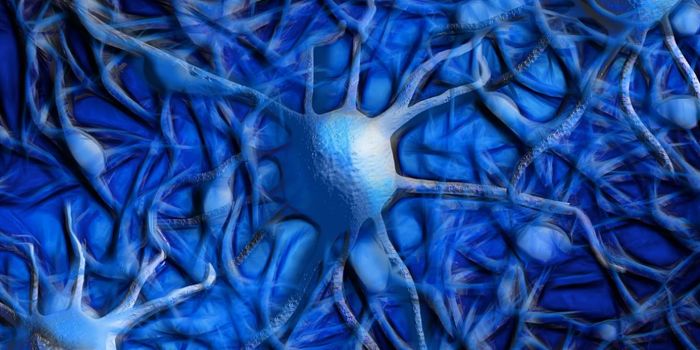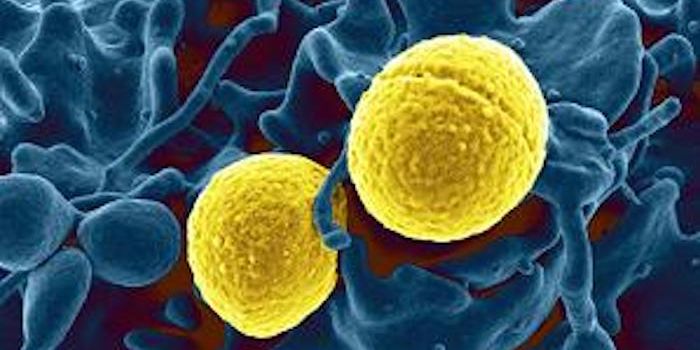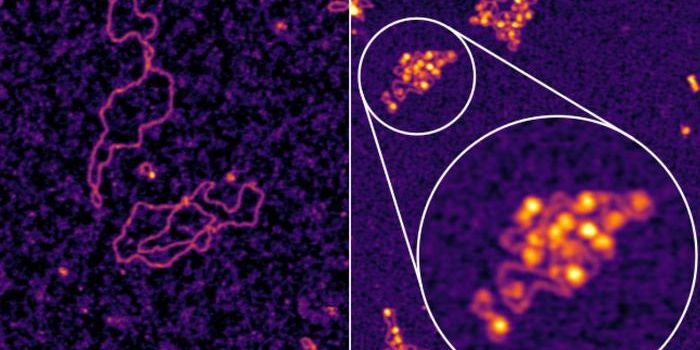Studies Reveal Synaptic Disruptions in Schizophrenia
Neurons signal to one another at crucial junctions called synapses, and synaptic dysfunction is thought to play a role in schizophrenia. To investigate further, researchers have recently derived neurons from cells obtained from schizophrenia patients who carry a mutation in a gene called neurexin 1 (NRXN1). Genetics are thought to play a role in some, but not necessarily all cases of schizophrenia, a disease which is not well understood. NRXN1 mutations that lead to the disease are unusual, and mutations in this gene can cause other neurological disorders. However, if the mechanism behind this link between schizophrenia and NRXN1 mutations can be revealed, it could tell us more about the biology of schizophrenia.
Reporting in PNAS, scientists found that when NRXN1 is mutated, there is a huge decrease in the level of neurotransmitters that are released by neurons at the synapse. The level of a protein called CASK, which binds to NRXN1, was also increased, and associated with gene expression changes.
"Losing one copy of this neurexin 1 gene somehow contributes to the etiology or the disease mechanism in these schizophrenia patients," says lead study author ChangHui Pak, assistant professor of biochemistry and molecular biology at the University of Massachusetts Amherst. "It causes a deficit in neural communication."
In a study reported in Biological Psychiatry, a different team of researchers has found that schizophrenia is connected to a loss of neural excitation in general.
In this research, the scientists studied 107 schizophrenia participants with an electroencephalography (EEG) to non-invasively measure brain waves. For controls, EEGs were obtained from 57 healthy relatives of the patients and 108 healthy unrelated individuals.
Schizophrenia patients had altered brain waves that were expected for their diagnosis including an increase in theta waves. Computational tools were used to reveal a decrease in synaptic gain in schizophrenia patients compared to controls; excitatory neurons were less able to stimulate other neurons as they're supposed to. However, a loss of neural inhibition was linked to symptoms of schizophrenia like auditory hallucinations.
“This might mean that the loss of excitation comes first, and the brain tries to compensate for this by reducing inhibition, but then this leads to hallucinations,” suggested first study author Rick Adams, Ph.D., of University College London. “Imagine you are trying to listen to someone speaking on the radio, but the signal is very weak; if you turn the volume up, the speech is louder, but so is all the static and background noise, and so you may mistake some of this noise for actual speech. Something analogous might be happening in brain circuits in schizophrenia.”
Sources: University of Massachusetts, Elsevier, Proceedings of the National Academy of Sciences (PNAS), Biological Psychiatry









